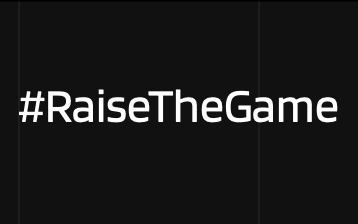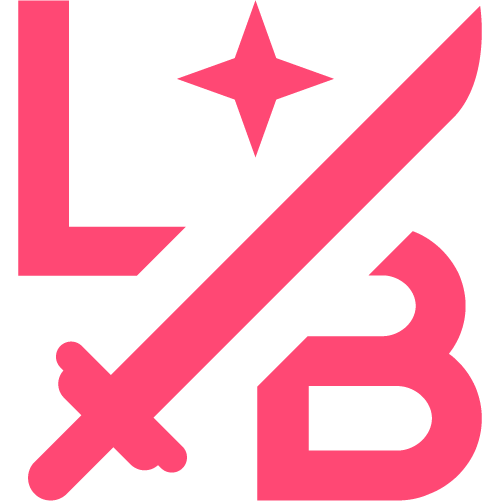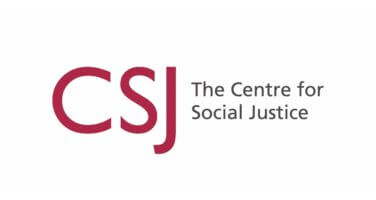Specific considerations






Key organisations & resources
 Visit website on #RaiseTheGame
Visit website on #RaiseTheGame #RaiseTheGame
RaiseTheGame is a collaborative and high-impact pledge to improve equality, diversity and inclusion in the games industry.
 Visit website on Beaumont Society
Visit website on Beaumont Society Beaumont Society
Building a fair, equal and safe environment empowering girls and women in the global gaming ecosystem.
 Visit website on Black Girl Gamers
Visit website on Black Girl Gamers Black Girl Gamers
An award winning community-powered organisation that advocates for diversity, inclusion and equity in the games industry.
 Visit website on Code Coven
Visit website on Code Coven Code Coven
Code Coven is the first global accelerator and academy dedicated to forwarding opportunities for marginalised game developers at all levels.
 Visit website on Diversily
Visit website on Diversily Diversily
Diversily helps innovative organisations to embed diversity and inclusion into their core, to drive up performance and impact.
 Visit website on Limit Break
Visit website on Limit Break Limit Break
Limit Break is a mentorship programme aimed at underrepresented people working in the UK games industry.
 Visit website on Out Making Games
Visit website on Out Making Games Out Making Games
Out Making Games connects and empowers the LGBTQ+ community working in the games industry across the UK.
 Visit website on Putting the G into Gaming
Visit website on Putting the G into Gaming Putting the G into Gaming
Putting the G into Gaming is a campaign to build more gender diverse and inclusive workplaces in games with actionable steps.
 Visit website on The Menopause Charity
Visit website on The Menopause Charity The Menopause Charity
Building a fair, equal and safe environment empowering girls and women in the global gaming ecosystem.
 Visit website on Ukie
Visit website on Ukie Ukie
The trade body for the UK games and interactive entertainment industry.
 Visit website on Women in Games
Visit website on Women in Games Women in Games
Building a fair, equal and safe environment empowering girls and women in the global gaming ecosystem.
Calendar events

International Women’s Day
International Women’s Day (IWD) is a global day celebrating the social, economic, cultural and political achievements of women.
Visit website
International Transgender Day of Visibility
Each year on March 31, the world observes Transgender Day of Visibility (TDOV) to raise awareness about transgender people. It is a day to celebrate the lives and contributions of trans people, while also drawing attention to the poverty, discrimination, and violence the community faces.
Learn more about International Transgender Day of Visibility
National Day for Staff Networks
The National Day for Staff Networks is the world’s only nationwide day dedicated to recognising networks/resource groups and the incredible value they add to the workplace.
Learn more about National Day for Staff Networks
Men’s Health Week
Men’s Health Week in the UK is an annual campaign focused on raising awareness of health issues specifically affecting men and promoting preventive health practices and early detection.
Learn more about Men’s Health Week
Develop:Brighton
The Develop:Brighton conference has something for everyone – 10 tracks covering every discipline of game making, including free Roundtables and Indie BootCamp. It’s main focus is practical take-away and vocational content giving you the chance to “skill-up” and do what you do even better.
Learn more about Develop:Brighton
National Inclusion Week
Founded by Inclusive Employers, National Inclusion Week (NIW) is a week dedicated to celebrating inclusion and taking action to create inclusive workplaces.
Learn more about National Inclusion Week
International Day of the Girl Child
On December 19, 2011, United Nations General Assembly adopted Resolution 66/170 to declare October 11 as the International Day of the Girl Child, to recognise girls’ rights and the unique challenges girls face around the world.
Learn more about International Day of the Girl Child
World Menopause Day
World Menopause Day is held every year on the 18th of October. The purpose of the day is to raise awareness of the menopause and the support options available for improving health and wellbeing. We encourage professionals and women to participate in this global awareness raising campaign by printing and sharing these materials, organising events to engage their communities, and sharing World Menopause Day social media posts.
Learn more about World Menopause Day

